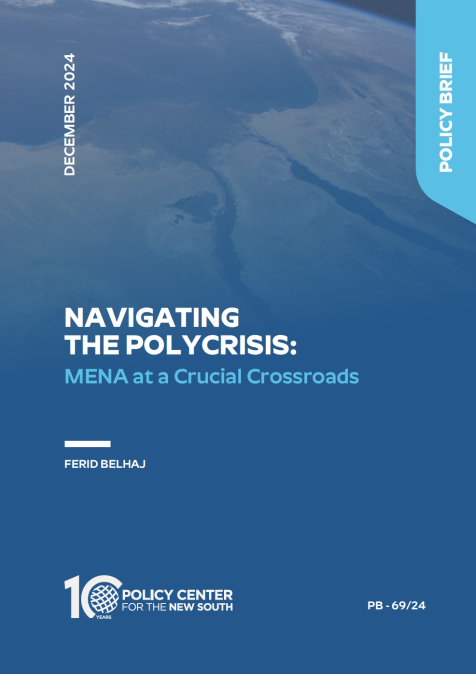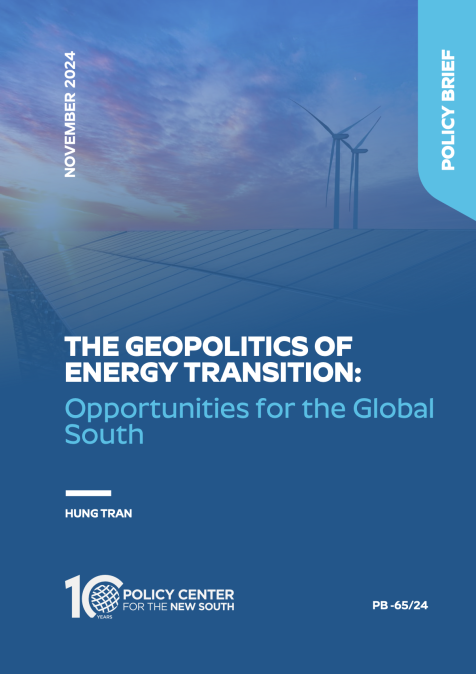Podcasts
Défis industriels, économiques et géopolitiques de la transition énergétique
01
July
2022
Related topics:
Le succès de la transition énergétique implique des changements profonds qui dépendent aussi bien de volonté politique que d’investissements dans l'extraction, le raffinage, la production et enfin le recyclage des matériaux nécessaires à cette révolution écologique. Cette transition s’assortit également d'enjeux industriels majeurs ainsi que de retombées géopolitiques de taille. Yves Jégourel, Senior Fellow au Policy Center vous livre son analyse des défis à relever pour réussir le pari du siècle.









